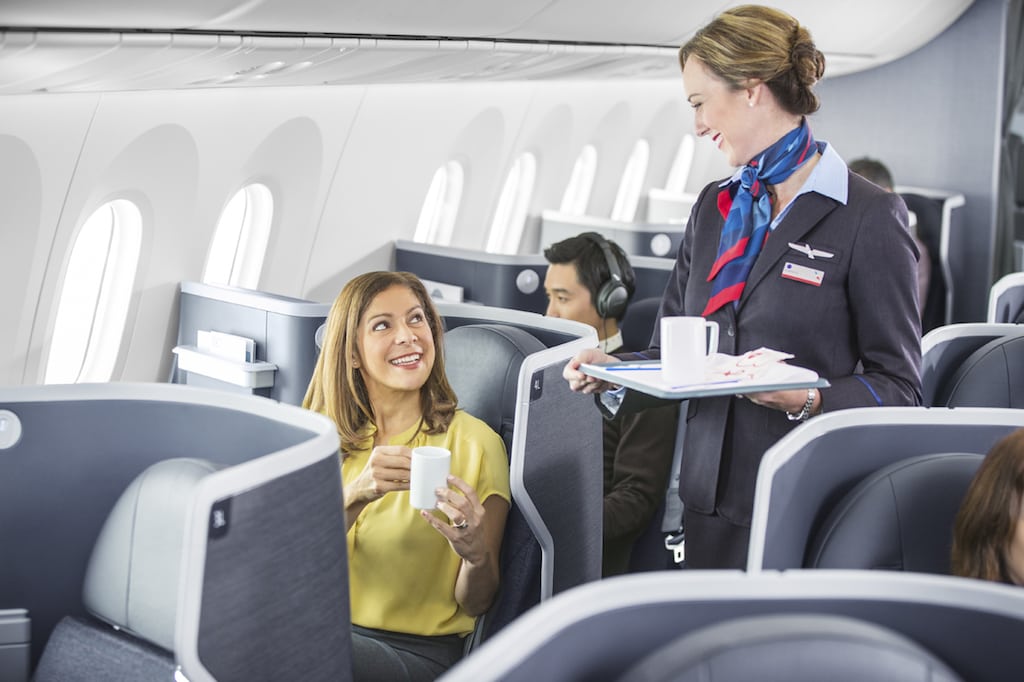American Airlines Knows if You've Been Cheating on It With a Competitor

Skift Take
If you're a high-value American Airlines customer, the carrier knows a lot about you. Now it wants to leverage that data in a more sophisticated way.
Not long ago, loyalty programs at major U.S. carriers were simple. They almost always rewarded customers miles based on how many miles they flew annually, often without considering what the passenger was worth to the airline.
Some road warriors remember those days wistfully because they could earn impressive perks while flying a lot and spending little. But from a revenue perspective, it never made sense. Why would a company reward its most frugal customers?
At American Airlines, Bridget Blaise-Shamai, the carrier's vice president for loyalty, is helping shift the program to one that rewards its most lucrative members with the best perks. And as it transforms, American seeks to learn more about makes these customers tick, so it can make predictions about their wants and needs. In some cases, American can predict a high-value customers is at risk of leaving American even before the consumer switches to another airline.
The key is data. American's program, AAdvantage, has long had unusually rich information about its members, but until recently, it hasn't leveraged it. "I often joke, even when we as an industry are a bit cash poor, we've always been rich in data," said Blaise-Shamai.
Skift recently met with Blaise-Shamai, and her colleague, Alice Curry, managing director for customer loyalty and insights, at American's Fort Worth, Texas headquarters to discuss the brand's approach for the eighth installment of our Airline Insiders series.
Note: This interview has been edited for length and clarity.
Skift: Why is loyalty so important? Why can't I just buy the best fare every time? Why must American Airlines own me?
Bridget Blaise-Shamai: With loyalty comes proven behavior of consolidating spend with you. There's less of that at the moment decision of whether I should pick this airline versus that airline. It is an underlying sense of, 'This is my brand. This is where I had my experiences and this is where I feel the greatest affinity.'
Skift: Why are people loyalty to American? Is it usually simple, like you have a hub in their hometown?
Blaise-Shamai: For a lot of our customers, the fare
